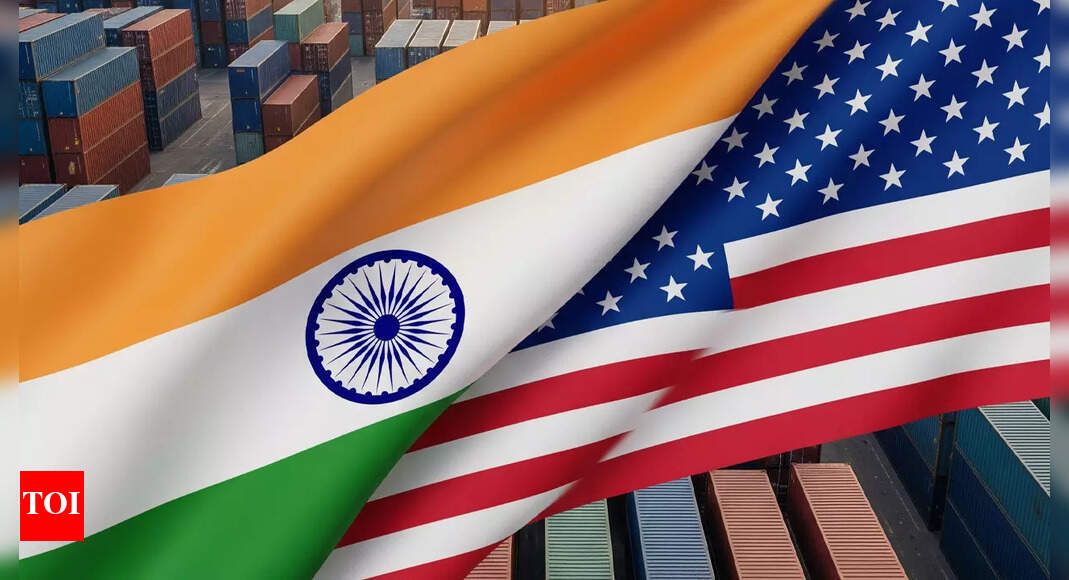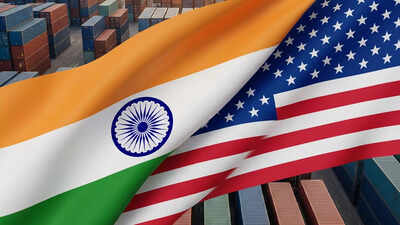India must ensure that any trade agreement with the United States is balanced, not politically driven, and protects critical sectors like agriculture, digital infrastructure, and regulatory sovereignty, the Global Trade Research Initiative (GTRI) cautioned on Friday. With talks entering a crucial phase in Washington, the clock is ticking toward the July 9 deadline, the end of US President Donald Trump’s 90-day suspension of country-specific tariffs, announced on April 2.“The more likely outcome is a limited trade pact, styled after the US-UK mini trade deal announced on May 8,” said GTRI founder Ajay Srivastava as cited by PTI. “Any trade deal with the US must not be politically driven or one-sided. It must protect our farmers, our digital ecosystem, and our sovereign regulatory space,” he emphasised.India’s chief trade negotiator is currently in Washington, with both sides racing to finalise an interim agreement that would help avert steeper tariffs. According to news agency ANI, if no deal is reached, India risks facing baseline duties of 10% on exports, a less severe scenario than the original 26% tariff threat, though concerns over lack of reciprocity remain.As per GTRI, under the mini-deal framework, India may agree to reduce tariffs on a wide range of industrial goods, including automobiles, a long-pending demand from Washington. In agriculture, limited market access may be extended via tariff-rate quotas (TRQs) and duty reductions on items like ethanol, apples, walnuts, almonds, raisins, avocados, olive oil, spirits, and wine.However, GTRI and other trade experts argue that India must draw red lines. Key sectors such as rice, wheat, and dairy, which are vital to rural livelihoods and national food security, must remain insulated from external pressure. India fears any concession here could set a precedent, potentially undermining the minimum support price (MSP) system and the public procurement model in the future.Beyond tariffs, the US is likely to push for large-scale commercial orders, including purchases of oil, LNG, aircraft from Boeing, helicopters, and nuclear reactors. Washington may also seek greater foreign direct investment (FDI) access in multi-brand retail, benefiting players like Walmart and Amazon and demand liberalised rules on remanufactured goods.While US President Trump recently hinted at a “very big” trade deal with India, he also said that not every country will get one and some may instead receive a tariff notification. “We have one coming up, maybe with India. Very big one… We’re going to open up India,” he said during a speech.Despite the urgency, GTRI warned that India should not rush into a deal that lacks transparency or undermines long-term policy autonomy. “India must hold its ground and insist on a reciprocal, balanced, and transparent agreement,” the think tank said.

